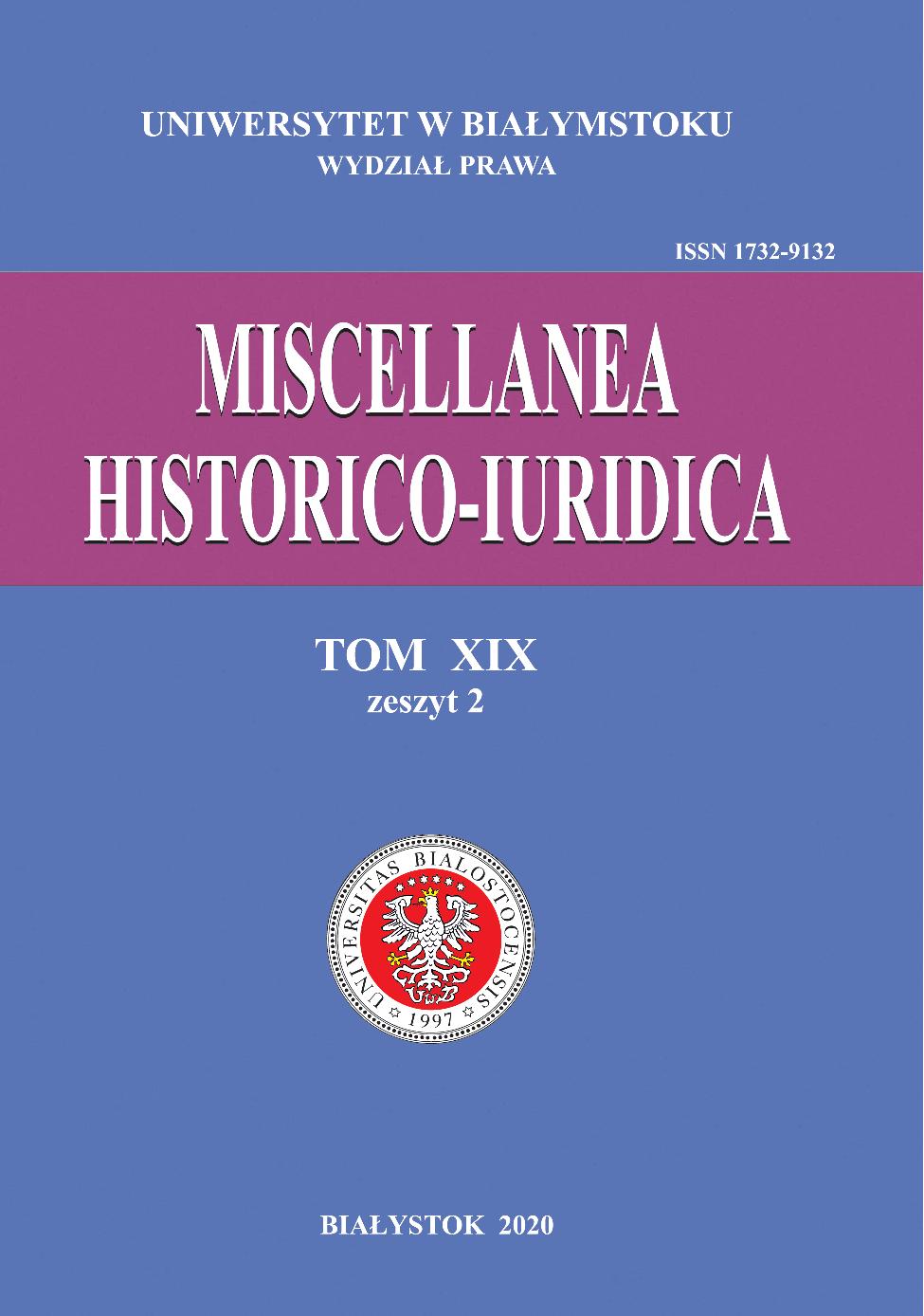Korupcja w ujęciu historycznym i współczesnym. Pojęcie zachowania korupcyjnego na tle art. 229 k.k.
Corruption in historical and contemporary terms. The concept of corrupt behavior against the background of Article 229 of the Polish Penal Code
Author(s): Ryszard Eugeniusz DominiukSubject(s): Politics / Political Sciences, Law, Constitution, Jurisprudence, History of Law, Criminal Law, Corruption - Transparency - Anti-Corruption
Published by: Wydawnictwo Uniwersytetu w Białymstoku
Keywords: crime; corruption; venality; bribe; human behavior
Summary/Abstract: The problematic aspects of corruptive behaviors has proven to be quite a challenge for modern times. Society is mostly aware that the fight against corruption is difficult, and elimination of this phenomenon seems impossible. Corruption spreads its influence due to incorrect perception of surrounding reality. Limiting corruption is complicated process reaching for psychological incentives and motives of people participating in this operation. It is said that just raising awareness about corruption is half of the success, but to achieve full “victory” it is necessary to change the attitude of people, especially youth, on the subject of this pathological phenomenon. As studies show, the essential element on limiting the corruption is to partake the educative actions. Prevention is also connected to psychology of human behavior, all the more, that this type of criminal activity can be commited directly and indirectly. Human always tries to achieve success, and corruption is this element, which on the surface seems beneficial. It starts from receiving small souvenirs. By taking part in such activity people become less neutral and objective. In the light of art. 229 k.k. corruptive behavior affects the subject, which actively takes the role of active party. In this manner such person is perceived as entrepreneurial. Considering the difficulties in determination of victim in such agreement, subject willing to take the active corruptive initiative, does not foresee the consequences of its behavior. It is considered as correct. Rationally speaking realizing the connection between legal and psychological aspect is considered a milestone in the fight against corruption. The perfection in legal regulation should be constantly supplemented with psychological analysis of corruptive behaviors.
Journal: Miscellanea Historico-Iuridica
- Issue Year: 19/2020
- Issue No: 2
- Page Range: 183-198
- Page Count: 16
- Language: Polish

